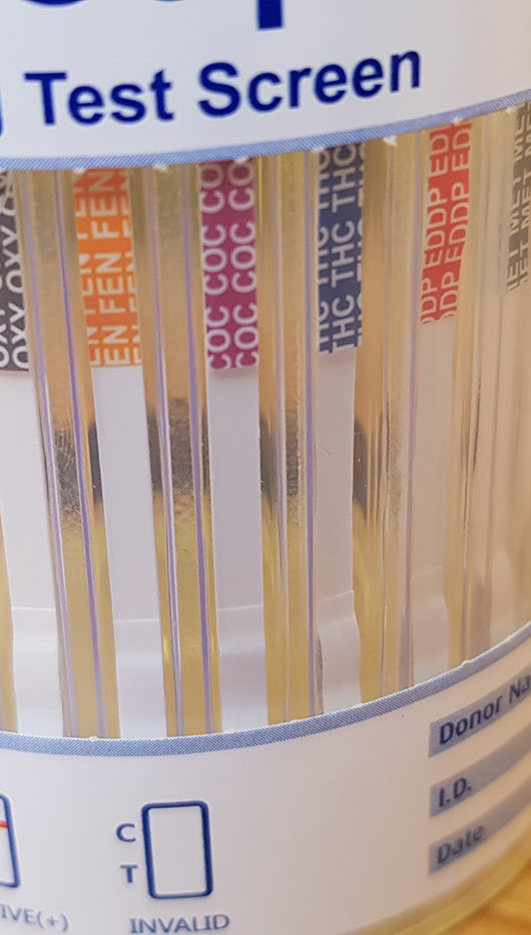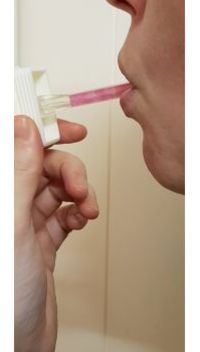BZE or not to be, that is the question.
Posted on 5th July 2023 at 15:00
This is your opportunity to give your opinion on "BZE Only" drug driving convictions.
This will be a discussion topic at UKIAFT Dundee, and our judges will adjudicate your comments and award a special prize to the best commentator.
Click into this post and please use the comment box below.
Your name and comment will not be published and all entries remain private uless you wish to bask in the glow of being an Agriyork competition winner.
Good luck, entries close at the end of August 2023.
Should a driver be convicted if his/her blood contains Benzoylecognine and no other psychoactive drug?


BZE is the non psychoactive metabolite of Cocaine.
Many UK "Drug Driving" cases are prosecuted as Road Traffic Act Section 5A offences.
Since 2016 roadside oral fluid tests which are non negative have resulted in blood samples taken and analysed.
If one or more of 17 drugs is above the specified concentration then this can lead to the driver being charged.
In these cases, the driver is unimpaired.
Impaired driving through alcohol or drugs is dealt with in other sections of the RTA.
Benzoylecognine is the main metabolite of Cocaine.
Cocaine is rapidly hydrolysed by the liver and plasma.
There will be a time delay between roadside oral fluid swabbing, and a blood draw at the police station or A&E clinic.
During this time, the Cocaine blood concentration will be falling and BZE concentration increasing.
This rate of metabolising is highly specific to the individual's liver function and plasma cholinesterase.
Unless the driver has ingested BZE, it is present due to prior use of Cocaine.
Cocaine is a Class A drug, and possession is subject to arrest and a potential 7 years in prison.
Current convictions lead to a fine and minimal prison sentence, typically suspended.
The question to be answered is:
Should drivers with no Cocaine in their blood be punished for earlier misuse of drugs?
Share this post:



